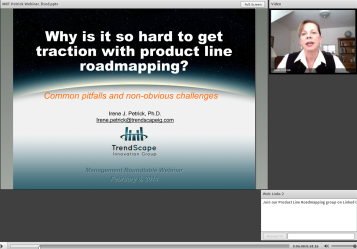 Are your company’s project post-mortem meetings an exercise in lessons learned or a blame game where everyone plays CYA (cover your a**)? Most likely they start out as the former and devolve to the latter. With the potential for emotionally charged debate, hopefully this is not a lunch meeting.
Are your company’s project post-mortem meetings an exercise in lessons learned or a blame game where everyone plays CYA (cover your a**)? Most likely they start out as the former and devolve to the latter. With the potential for emotionally charged debate, hopefully this is not a lunch meeting.
The true intent of such meetings is to make sure important learnings are captured, best practices are recorded and costly errors remembered for posterity. In some instances, not repeating something like a six-figure material selection error could be highly significant to the bottom-line. Unfortunately, human behavior and psychology can prevent the flow of honest and candid feedback that is required. Often the problem is not having reliable data to back up the lessons learned which can result in territorial fear and positioning.
To help you learn how to keep egos and personalities in check and ensure that Post-Morten sessions live up to their intended purpose of exposing and sharing valuable project experiences, Management Roundtable is presenting a new webinar with Jeanne Bradford, principal at TCGen, Inc. on “Conducting Fast and Effective Project Post Mortems to Improve Product Development,” on Thursday, March 13, 2014 from 1-2pm ET.
Registration for this webinar is complimentary and we encourage you to share this with colleagues you think may be interested. To register online today, click here.




